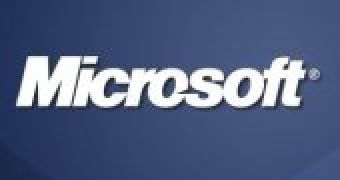Attachmate just announced that it would buy Novell for $2.2 billion, or $6.10 per share in a cash transaction, but the fact is that the real news might be in a considerable smaller deal that the Linux vendor inked today. The second agreement announced is with CPTN Holdings LLC, with Novell accepting to sell off some of its patents in exchange for almost half a billion dollars.
What’s interesting, is that Microsoft is behind CPTN Holdings LLC, and in this regard, one can only speculate as to the repercussions that this IP sale will have through the open source community.
“Novell also announced it has entered into a definitive agreement for the concurrent sale of certain intellectual property assets to CPTN Holdings LLC, a consortium of technology companies organized by Microsoft Corporation, for $450 million in cash, which cash payment is reflected in the merger consideration to be paid by Attachmate Corporation,” reads an excerpt from the announcements Novell and Attachmate released today.
Neither Novell nor Microsoft have detailed what “certain intellectual property assets” were involved in the transaction.
Horacio Gutierrez, Microsoft’s Corporate Vice President and Deputy General Counsel of Intellectual Property and Licensing also used the same general reference to IP when talking about the agreement penned with Novell, and provided no additional information.
Gutierrez also added that the Redmond company will continue to work with the Linux vendor in the future per their 2006 agreement, including to focus on Windows and Linux interoperability for customers with mixed source environments.
But of course, there’s a key question related to Microsoft’s strategy going forward. Namely, what will the software giant do next with $450 million worth of Novell patents intimately connected with open source solutions?
Microsoft hasn’t backed off from claiming that various open source software, Linux and Open Office including, is infringing on its patents. Does the deal with Novell mean that the company now has a fresh load of anti-open source IP ammo?

 14 DAY TRIAL //
14 DAY TRIAL //